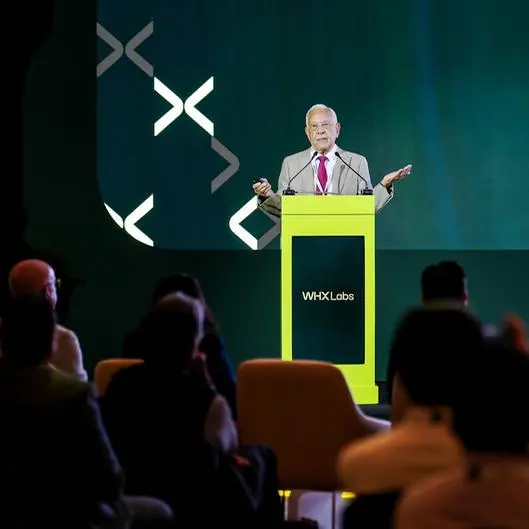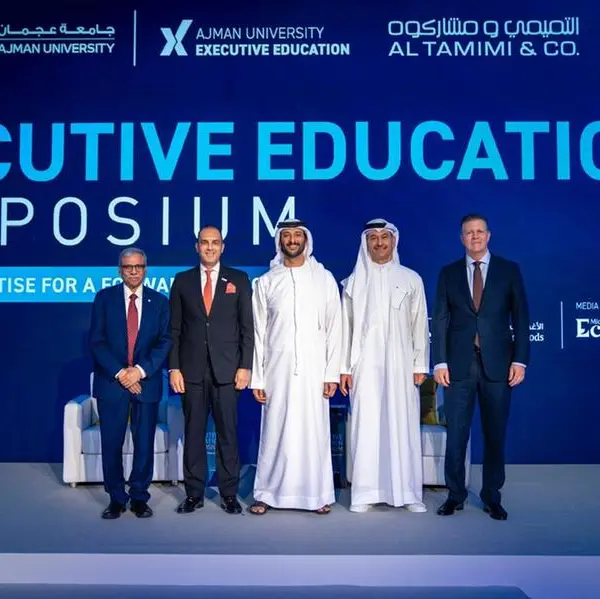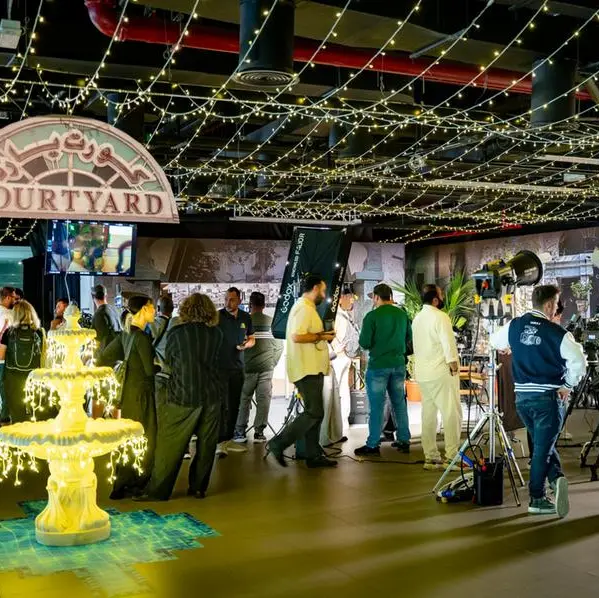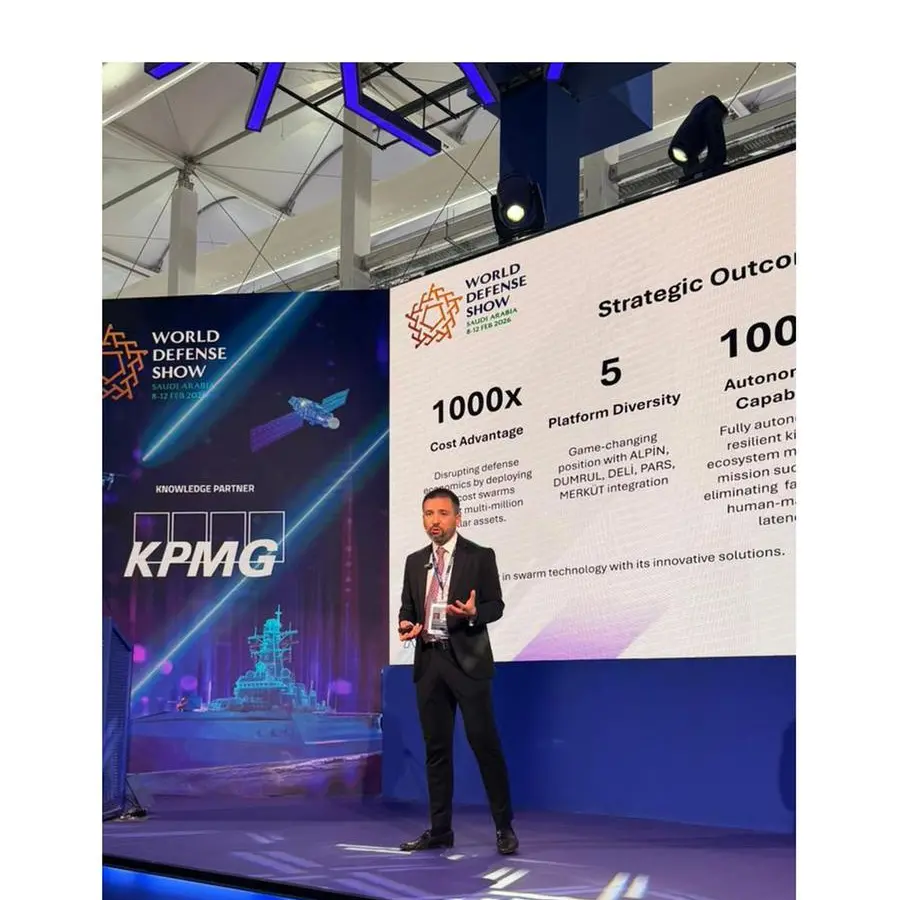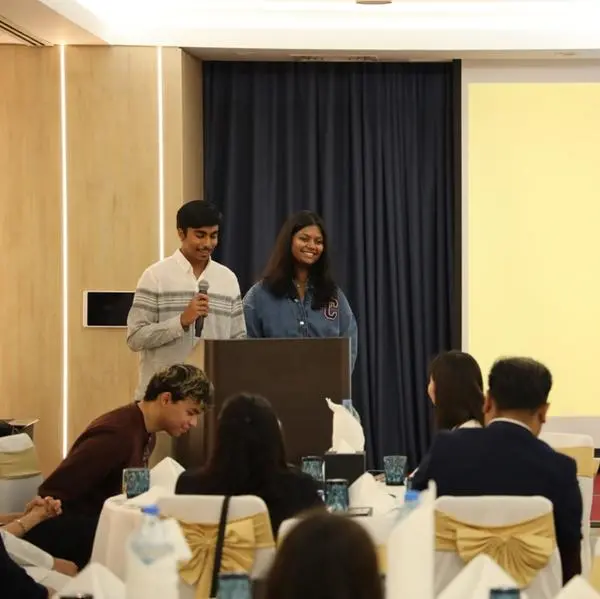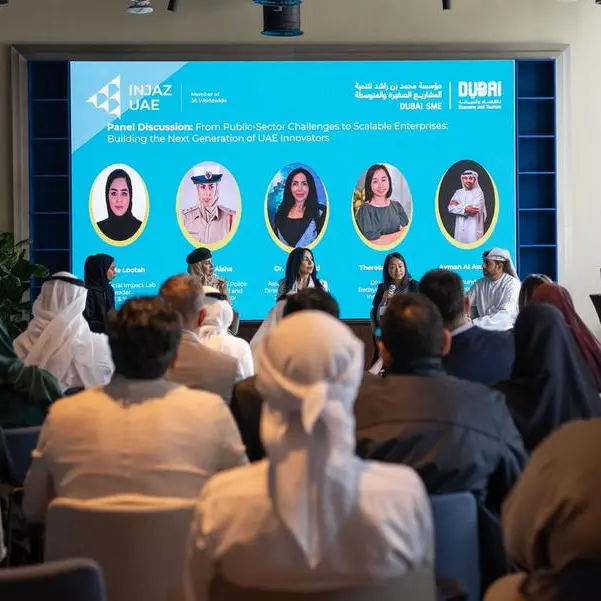PHOTO
- 16,000 people book travel tickets every 4 seconds through smart apps
- Economic and demographic growth has direct impact on future of tourism
Sharjah: A host of tourist development experts deliberated on mechanisms of furthering the on-going growth of the tourism sector in a way that ensures its sustainability, and discussed concepts like ‘ecotourism’, ‘responsible tourism’ and the importance of innovation in meeting tourists’ needs and supporting the transformation into sustainable tourism in the UAE.
This came in a session under the theme ‘Reshaping Tourism and Preserving the Future’ that saw the participation of HE Ahmed Al Qaseer, Acting CEO of the Sharjah Investment and Development Authority (Shurooq); Mohamed Jassim Al Rais, Chairman of the Travel and Tourism Agents Working Group - Dubai Chamber of Commerce; and Dr Amer Al Kassem, Associate Professor - School of Business at Skyline University College.
Sustainability at the heart of future tourism
HE Ahmed Obaid Al Qaseser highlighted the great attention Sharjah pays to ecotourism, focusing on two priorities; preserving the environment with all of its resources while allowing the expansion of the tourism sector and providing visitors with the unique experience in the many reserves across Sharjah’s regions through coordination with other entities particularly the Environment and Protected Areas Authority (EPAA).
Al Qaseer cited Shurooq’s experience in the city of Klaba, where biodiversity research and studies were consulted to develop an inclusive plan that pinpoints the areas on which construction is allowed, utilising eco-friendly material in the development of new tourist attractions.
On the development of the tourism sector, Al Qaseer added: “The market is big enough for everyone. However, we need to keep with change efficiently because the faster we develop our strategy, the better we ensure sustainability. Data indicates that the increase in the number of airline companies and tourism agencies, will lead to a greater number of tourists, given the multitude of options on offer.”
He stressed the role of community responsibility in achieving sustainability, adding that “sustainability should be the responsibility of everyone, individuals and communities, because it is a full cycle in which different tourist experiences will be lagging without economic sustainability for local communities.”
More than 16,000 people book travel tickets every four seconds, said Dr Amer Al Kassem, Associate Professor - School of Business at Skyline University College, highlighting the dynamics of the constantly-evolving tourism sector.
“Today, there are over 60,000 apps for online travel booking alone, and technology has evolved the hospitality industry by 64 per cent in the last decade,” he said, pointing out how artificial intelligence is taking over front office roles in the sector.
“You have a completely integrated global village in your palm if you have internet access. While artificial intelligence and other innovative technologies are revolutionising tourism, the human factor remains at the core of the experience and nothing can replace the value of personalised interactions,” added Dr Amer.
For his part, Mohamed Jassim Al Rais, Chairman of the Travel and Tourism Agents Working Group said: “In the UAE, the tourism sector accounts for 12 per cent of the country’s GDP. Integrating the tourism sector with supporting businesses is vital to create an economic structure that is stable and sustainable. We also need to ensure that we are preserving the culture of the community.”
Al Rais highlighted Maldives as an example of a cohesive tourism model with the local population supplying resources made from natural resources, producing fruits and vegetables for hotel cooking, as well as providing fun activities for tourists. “It is impressive that solo travel is up by 23 per cent in the Middle East post pandemic. The future of tourism looks bright and I’m hoping for borderless, visa-free travel happening in the coming decades,” he added.
Dr Amer Al Kassem, Associate Professor - School of Business at Skyline University College, highlighted the need for formulating clear policies to invest in youth resources with a focus on tourism. “Young entrepreneurs need to identify the niches by filling the service gaps in the market. We need to introduce new academic specialisations and courses that cater to the youth in understanding the sector.
He added that sustainability is an important calculus to weigh the industry as a whole. “Tourism is a wholesome sector that complements all segments of a society and one constantly impacts the other. From airport services to taxi drivers, everyone has their place in determining a positive tourism experience,” said Dr Amer.
Held under the theme ‘Building a Resilient Future for Tourism’, the SITTF is organised by the Sharjah Commerce and Tourism Development Authority (SCTDA) at the Sharjah Expo Centre. The forum complements SCTDA’s efforts to bolster Sharjah’s position on the map of global tourism, and provide travel and tourism entities with the opportunity to explore the industry’s best practices and innovative solutions.
-Ends-

